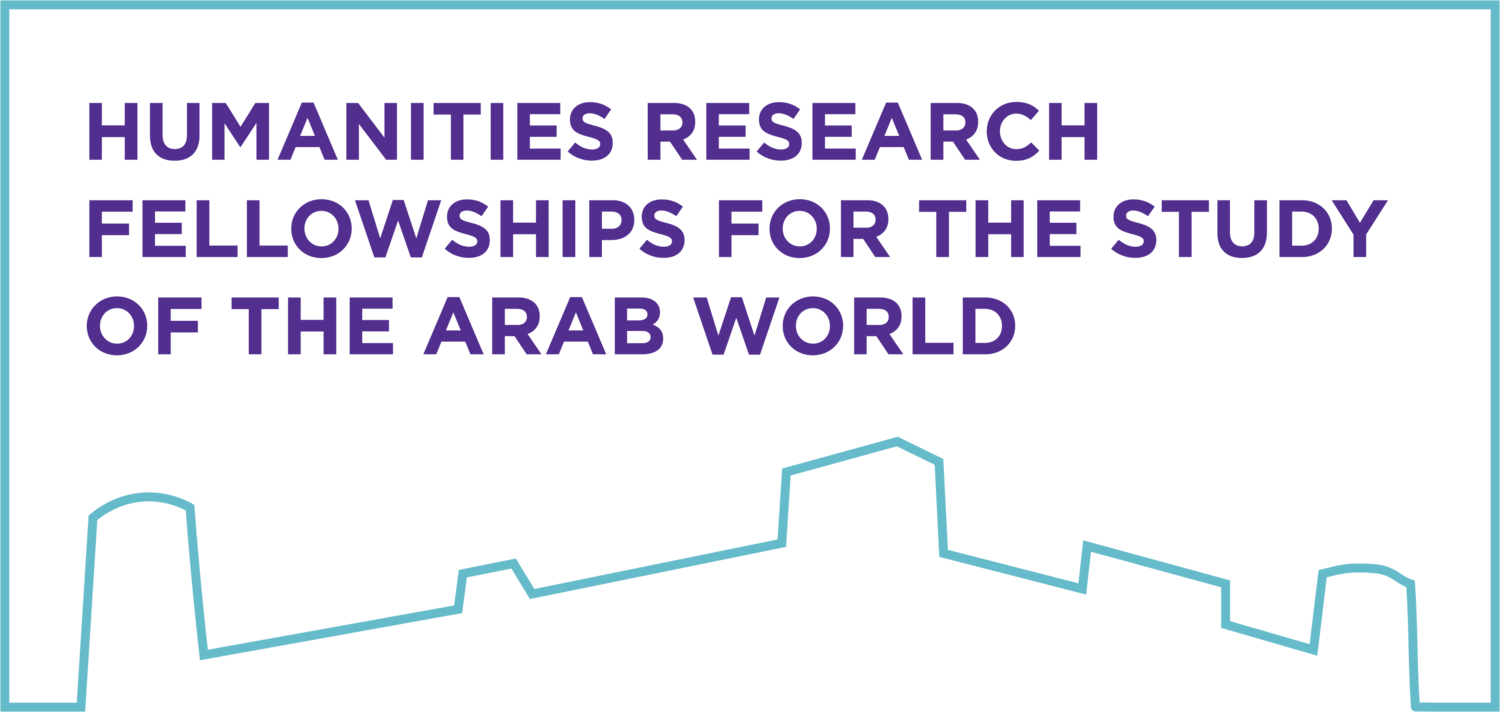Observers commonly gloss the visions of intimate relations projected by modern Islamist movements as conservative or archaic. However, studies have shown how many versions of this vision of intimacy emerged in close dialogue with nationalist movements and colonial forms of governmentality.
Ethnographic work has begun to shed light on how discourses of women’s rights are mediated through processes of reception in everyday life. How, then, may we approach the dialogue that emerges between Islamist discourses and intimate relations that make up everyday life in the contemporary world?
This conference explores that dialogue in order to reframe our understanding of both Islamist movements and intimate relations in the societies where those movements gain traction. Here we seek to shift analytic perspective away from the spectacles of violence and security toward everyday forms of labor and leisure such as household economics, relations with neighbors or jinn, and the bearing and rearing of children by families. How do such labors enfold or encounter fragments of Islamist discourse? How, in turn, do Islamist discourses and forms of political action bear the imprint of their reception in those intimate spaces?
The conference privileges fine-grained analyses that emerge from the rough and tumble of ordinary life in order to ask whether everyday life itself may generate questions that would otherwise be elided by analyses that privilege state and market priorities for understanding the diffusion of these movements.
Participants
Rose Wellman is a postdoctoral researcher at the Mossavar-Rahmani Center for Iran and Persian Gulf Studies at Princeton University who specializes in Iran and the Middle East. Between 2007 and 2010, she conducted 15 months of ethnographic research in the Islamic Republic of Iran, including 10 months in a small town outside of Shiraz. She received her PhD in Anthropology from the University of Virginia in May 2014 and her BA in Anthropology from Mount Holyoke College in 2005. Rose Wellman's book project, Family, Shi'ism, and the Making of Post-Revolutionary Iran, examines how rural Iranian families with ties the Islamic Revolution and Iran-Iraq war (here Basijis) endeavor to create and preserve ethical kin, town, and national relations through the mobilization of vital kinship substances such as blood and food.
Sylvain Perdigon is Assistant Professor of Anthropology at the American University of Beirut. He was born and grew up in the southern half of France, studied Greek and Latin at the Ecole Normale Supérieure in Paris, and received his PhD in Anthropology from Johns Hopkins University in 2011.
Pascal Menoret is Assistant Professor of Middle Eastern Studies at NYUAD. He completed his PhD in 2008 from the Department of History at the Université Paris 1 Panthéon-Sorbonne. Pascal's research combines urban history and social anthropology. His book, Joyriding in Riyadh: Oil, Urbanism, and Road Revolt, (Cambridge University Press, 2014) explores the relationship between urban planning and youth unrest in the Saudi capital. His book project, entitled Graveyard of the Clerics: Religious Activism in Saudi Suburbia, is a cultural history of the Saudi Islamic movements since the mid-1960s. He has published The Saudi Enigma: A History (Zed Books, 2005) and L'Arabie, des routes de l'encens à l'ère du pétrole (Gallimard, 2010). Pascal is also interested in literary translation from Arabic into English, urban music in the Middle East and Southern Europe, and modern architecture.
Noah Salomon (Reed College, BA; University of Chicago, MA; University of Chicago, PhD) is Assistant Professor of Religion at Carleton College where he teaches courses in Islamic Studies and theory and method in the study of religion at Carleton College. He is currently working on a book that presents an ethnography of Sudan's experiment with an Islamic state from 1989 to the present, as well as a more recent project on state secularism and the construction of a Muslim minority in the new nation of South Sudan.
J. Andrew Bush has been conducting ethnographic research with Iraqi Kurds since 2002. In 2014 he completed a PhD in Anthropology at Johns Hopkins University, where his dissertation drew from three years of fieldwork in the Kurdistan region of Iraq. He joined the Research Fellowship in the Humanities at NYUAD, where he is drafting a book manuscript that combines the results of his ethnographic research with analyses of Islamic sermons, Sufi epistolary correspondence, and poetic texts. His writing has appeared in Anthropology of This Century, and the Wiley-Blackwell Companion to the Anthropology of the Middle East.
